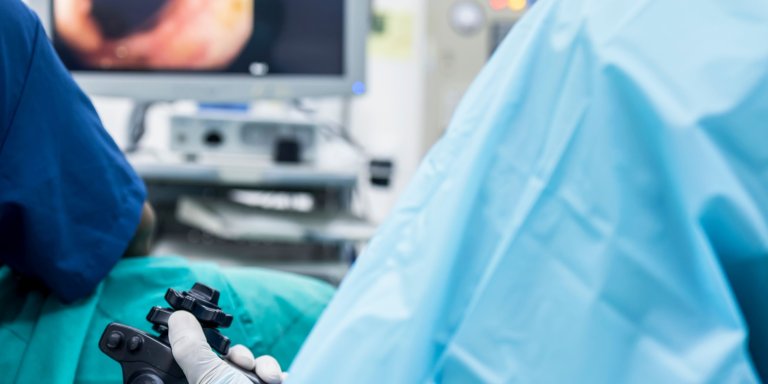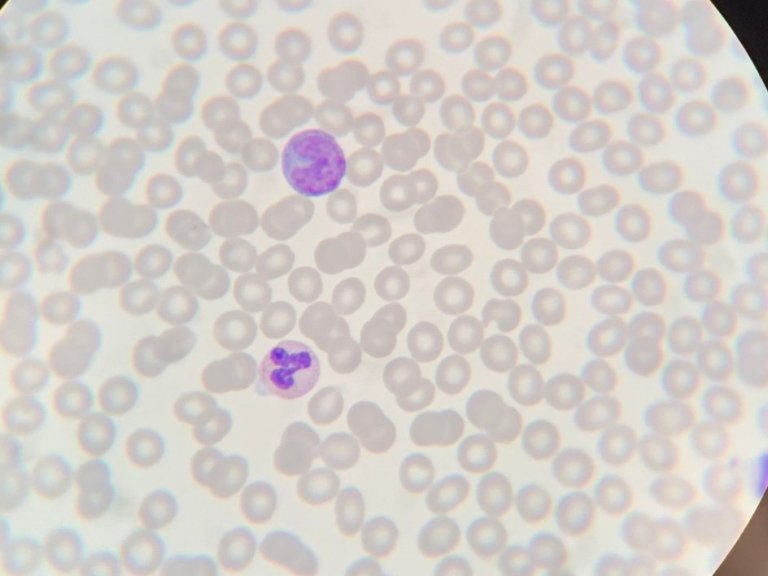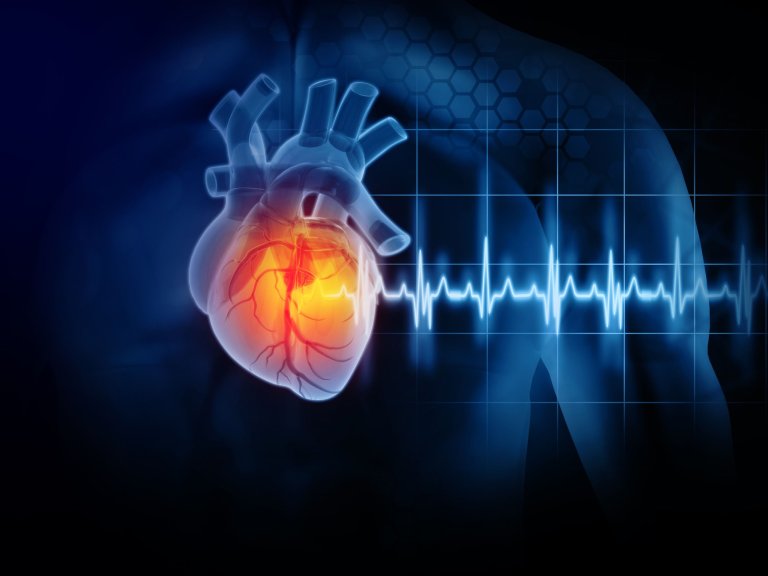The results were published today in The Lancet Digital Health. For this study, the endoscope that the endoscopist uses to look into the patient's oesophagus, processes the images directly through an AI system. This form of artificial intelligence has been specially developed for patients with a so-called Barrett's oesophagus. These patients have an increased risk of oesophageal cancer. Due to subtle changes, oesophageal cancer is very difficult to recognize in these patients. The patients therefore receive an endoscopic examination once every few years. This new AI algorithm can provide more certainty for these patients.
A unique feature of this system is that it can recognize oesophageal cancer on the endoscopy screen during the endoscopic examination. More than 100 endoscopists from different countries tested the system with video images on a computer. When the endoscopists receive assistance from the AI system, they are almost 20% more likely to recognize an early form of oesophageal cancer: in 79% of cases, compared to 67% of cases without assistance.
The accuracy of the system was compared with that of international experts: endoscopists who specialize in this form of cancer. It turned out that the system recognized oesophageal cancer about as often as these experts. Based on the results of the study, the researchers hope that the help of AI can be used as soon as possible in endoscopic research among these patients.
Image: Adobe Stock




